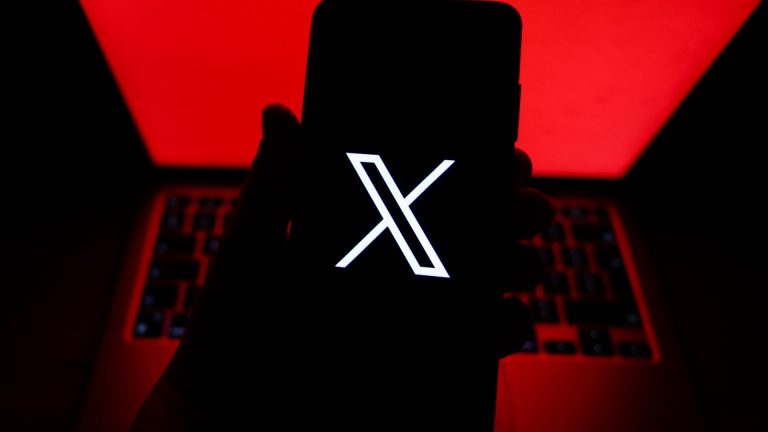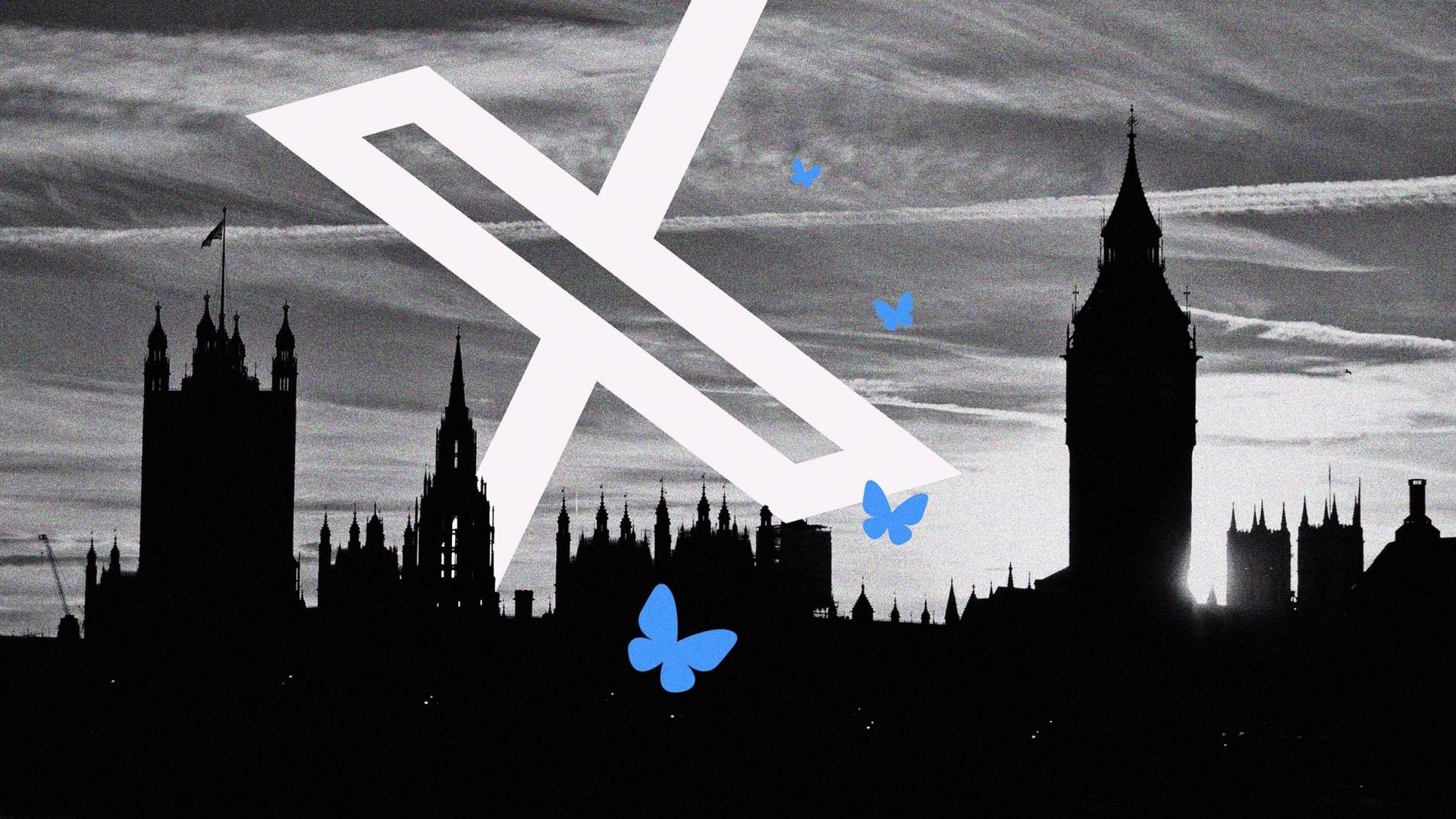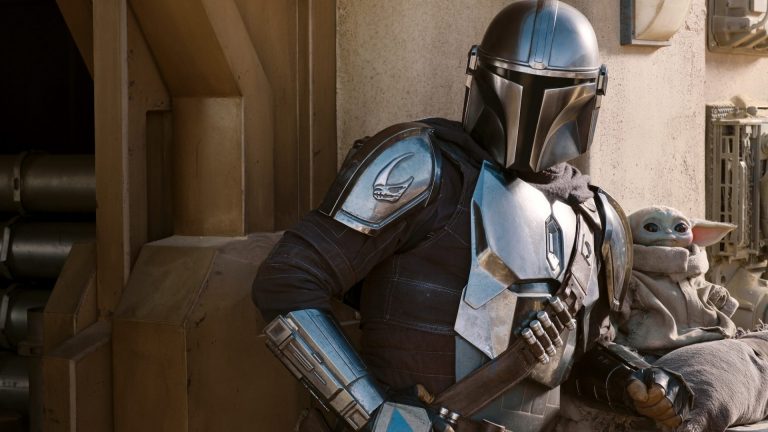In theory, MPs and their constituents are more connected than they ever have been. For decades, citizens can generally see their representative at local events, phone or write to their office, attend an advice surgery.
Today, they can also @ their MP on X (formerly Twitter), perhaps find them on Bluesky, see them in their local Facebook neighbourhood groups, reply to their videos on YouTube or TikTok and might even sit in some local WhatsApp groups with them.
It feels like an obvious truism to say that more connection and more communication could only be good for democracy. But the reality of it doesn’t feel that way.
The obvious flashpoint is Elon Musk’s X and what appears to be its growing role in radicalising MPs and commentators who still make regular use of the site. Musk’s decision to unban global far-right accounts on the platform, and then to let them monetise their followers – and boost their reach – through blue tick verification has turned the site into a cesspit.
X played a key role in inciting violent riots across the UK last August, and has become a key communication channel for the far-right’s efforts to incite copycat attacks this year. Current and former MPs seem increasingly willing to play to this online audience.
Shadow justice secretary and would-be opposition leader Robert Jenrick recently posted photos of himself attending a rally in Epping, with a prominent far right activist and former British National Party strategist clearly visible in shot. Rather than apologise or change course, a few days later he posted a video of himself putting a flag up onto a lamp post.
Former MP Douglas Carswell, who had once spoken positively on immigration despite being a Brexiteer and UKIP parliamentarian, wrote a post praising the “hereditary traits” that made Ukrainians “less prone to violence, welfare dependency and low IQ behaviour” as compared with Gazans – openly embracing discredited race science and eugenicist tropes.
The online British right has become convinced that the overwhelming majority of the public supports the street protestors and rioters, wanted Lucy Connolly – who was jailed for social posts calling for asylum hotels to be set ablaze. Polling shows such views are misguided, but also show the dangers of seeing X as representative of the public. It no longer works as a way to engage.
Bluesky is perhaps the most obvious parallel to what Twitter was before Elon Musk’s takeover, and is certainly vanishingly unlikely to radicalise anyone towards violence – but MPs hoping to use it as an open channel to voters may also be disappointed.
MPs who dare to push back on racism on X get barraged with abuse. MPs who try to explain their stance, or their party’s stance, on Bluesky get bombarded with righteous fury. The latter is clearly not as bad as the former, but it’s useless for a conversation.
Labour MP Antonia Bance last week tried to argue on Bluesky that many members of the public oppose asylum hotels because they don’t like the idea of their taxes paying for people to stay in hotels while they themselves can’t afford to go on holiday – adding that while this might be misguided, and that she was aware asylum hotels aren’t a luxury experience, that “myth busting” didn’t work in this area. Clearly this is a stance many will disagree with, but it’s hardly a hateful opinion – but the volume of furious response drove her off the network.
Suggested Reading


Dear MPs, please leave Twitter. Now
MPs are struggling to find anywhere on the internet that isn’t hostile territory. The online right monopolises X and are dominant on YouTube. On TikTok, neither the online left nor online right has much need for or interest in members of parliament.
MPs who once found Instagram less hostile than other networks, because it was driven by pictures, say that’s no longer true. Even the most innocuous of posts will be full of replies demanding answers on the trans issue, denouncing them for not doing enough on Gaza, getting furious about small boats, or all three at once.
Fewer people than ever are reading mainstream news outlets, and very few people under 50 watch TV news. The internet is where most ‘normal’ people not obsessed with politics get their news, and MPs are finding it all but impossible to communicate there.
“I am staying as far away from it as I possibly can, both Bluesky and Twitter,” said one prominent Labour MP who didn’t want to be named discussing social media for fear of a social media backlash.
“Fundamentally, I think that it is incredibly tough to stay in touch with the views of ordinary voters if you spend your time surrounded by the views of a wildly disproportionate subset of them,” they added, suggesting that this problem was worse for commentators than for MPs, who did at least tend to meet their constituents regularly in person, keeping them somewhat tethered to reality. (The MP broke their social media hiatus less than six hours after this conversation).
For other MPs, the problem is exacerbated by abuse that often escalates into physical threats. Many MPs are now asked by police not to hold in-person events unless they can provide security for them – leading to mounting frustration from those MPs targeted that police will tell them not to be seen in public, but won’t investigate the threats and prosecute those responsible.
So-called influence operations – the term for deliberate efforts by Russia and others to inflame online conflicts – make the problems still worse.
“I don’t think the general public understands how malicious some of the behaviour is in terms of third state actors,” says Walthamstow MP Stella Creasy, a veteran online posting MP. “And I know that makes me sound like some weird conspiracy theorist, but we do have evidence that Telegram [an instant messaging app] is being used to organise attacks on mosques in my local community.”
In happier online times, Creasy – who does all of her social media personally, rather than through staff – posted human, personal content to Twitter and other sites, often about indie music. But even that now provokes a backlash.
“As a woman, especially if you’re middle aged, any time I do use social media, I’m told that it’s narcissistic, self-serving – that if you do make videos, if you do try and talk to people directly, it’s all about attention seeking,” she says. “It’s just draining, because I’m just trying to do my job.”
However, Creasy hopes that her colleagues will stand their ground and not “cede territory” to the online right and to abusive accounts – in part, she says, because she still values direct connection.
“Even the most angry poster who has actually then come to me and said: ‘alright, yeah, you can give me a call’, we’ve then had an interesting conversation, and I’ve really valued it. Genuinely. I’m not just saying that,” she says.
“We’ll get the political leaders we deserve if we make politics a sport for only people who enjoy conflicts and creating clickbait, and don’t actually want to talk to real people or have a real conversation, online or offline. That’s how you end up with Nigel Farage.”









